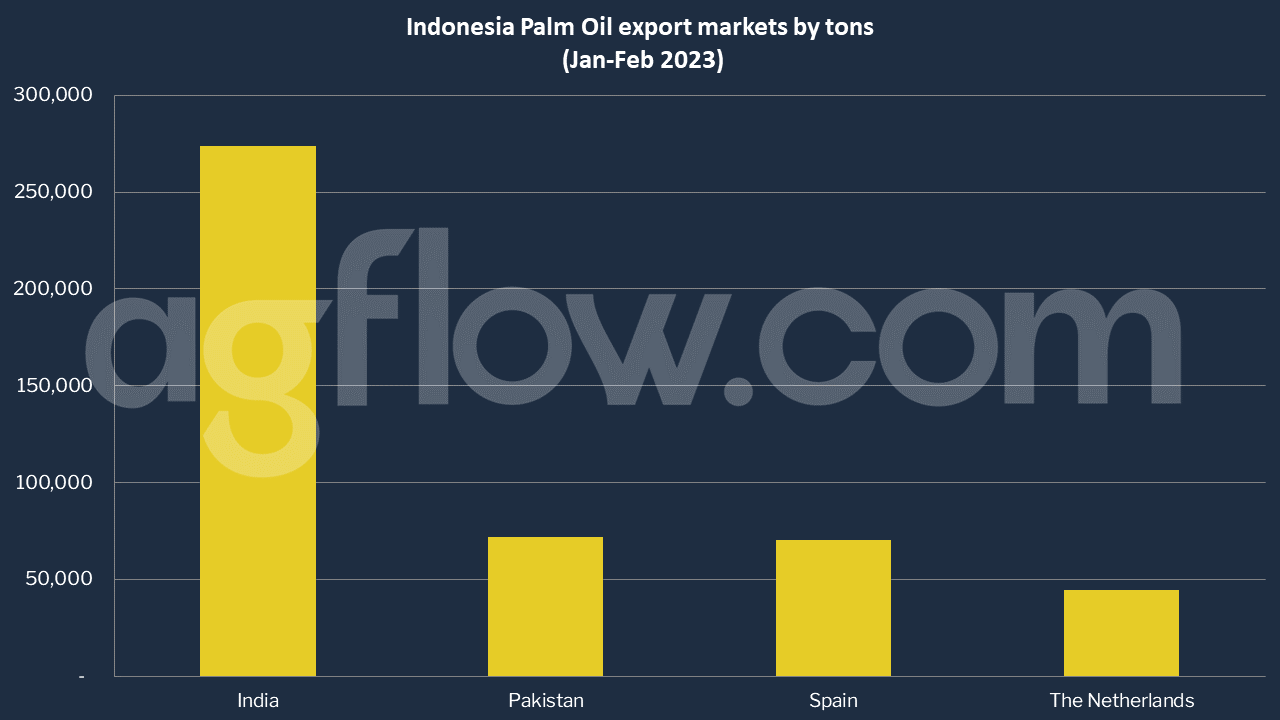India: More Vegetable Oil for Biodiesel Fuel
Reading time: 2 minutes
The global Vegetable Oil market is projected to register a CAGR of 5.64% over the next five years. Russia and Ukraine’s war has pushed the prices of Vegetable Oils to an all-time high. The Black Sea countries are significant exporters of sunflower Oil. Hence, this war problem has caused Vegetable Oil prices to rise sharply and has also prompted trade policy reactions globally that further restricted supplies and drive-up expenses. According to the international food policy research institute, sunflower Oil has been most immediately impacted, with a 40% increase since the day of the invasion.
Over the short term, the industry is expected to be driven by people’s growing awareness of the health benefits of consuming Vegetable Oils, such as controlling heart health. The monounsaturated fats in foods like olive Oil, canola Oil, sunflower Oil, hazelnut Oil, and almond Oil are proven to raise good cholesterol levels and minimize the risk of heart and cardiovascular disorders. Vegetable Oils are in high demand since they create fuels, dishwashers, and perfume compositions. This is one of the main driving forces for the market’s expansion.
For instance, according to USDA Foreign Agricultural Service, the volume of used Cooking Oil used as a feedstock for biodiesel fuel production in India in 2021 was 55,000 metric tons, increasing from 50,000 metric tons in 2020. As per the AgFlow data, India was the largest importer of Indonesian Palm Oil, with 0.3 million in Jan-Feb 2023, followed by Pakistan (72,065 tons), Spain (70,595 tons), and the Netherlands (44,865 tons).
Moreover, there is a significant rise in the need for Vegetable Oils as an alternative to mineral Oil across different end-use industries. Vegetable isolating Oils are now commercially available to replace mineral-based Oils in transformer applications. Vegetable Oil may be a perfect replacement for mineral Oil because of its inexpensive cost, reduced volatility, improved performance under pressure, high viscosity, and widespread accessibility. Leading industry competitors are now offering Vegetable Oil varieties that have undergone little processing and are organic. This is encouraging the market’s expansion, coupled with numerous programs launched by Governing bodies of various nations to promote bio-based goods like Vegetable Oils.

Mandatory Fortification of Vegetable Oil in India
The main driving force behind enriched Vegetable Oils is a multitude of micronutrient deficiencies that negatively influence the health and productivity of all demographic groups and result in serious public health issues. Additionally, many expectant mothers and their newborns are vitamin D deficient. Cooking Oil fortification with vitamins A and D is proven technically and economically feasible. According to the FSSAI, Fortifying Cooking Oil can aid people in consuming 25% to 30% more vitamin D and A than is required.
Several countries have started large-scale initiatives to promote the fortification of staple foods, especially Oils, in response to rising consumer awareness. Governments also acknowledge the importance of food fortification and its potential to support the achievement of international nutrition targets. For example, the Food Safety and Standards Authority of India (FSSAI) published a proposal in 2021 calling for the mandatory fortification of Cooking/Edible Oil with vitamins A and D to strengthen immunity and combat malnutrition, particularly deficits in micronutrients.
Major players are also taking necessary initiatives toward the fortification of Vegetable Oils. For instance, in September 2021, to fortify Edible Oils, regardless of the quantity being produced, BASF West Africa teamed up with EDCEL Limited and launched the Vitamin A premix for Edible Oils. The company claimed that such initiatives would provide millers operating under the Small and Medium Scale (MSMEs) enterprise access to an affordable pack size of Vitamin A. Such actions and the rising demand for fortified Vegetable Oils are expected to drive sales.
Other sources: MORDOR INTELLIGENCE
Try AgFlow Free
Access Free On Updates for Corn, Wheat, Soybean,
Barley, and Sunflower Oil.
No Credit Card Required & Unlimited Access In Time

